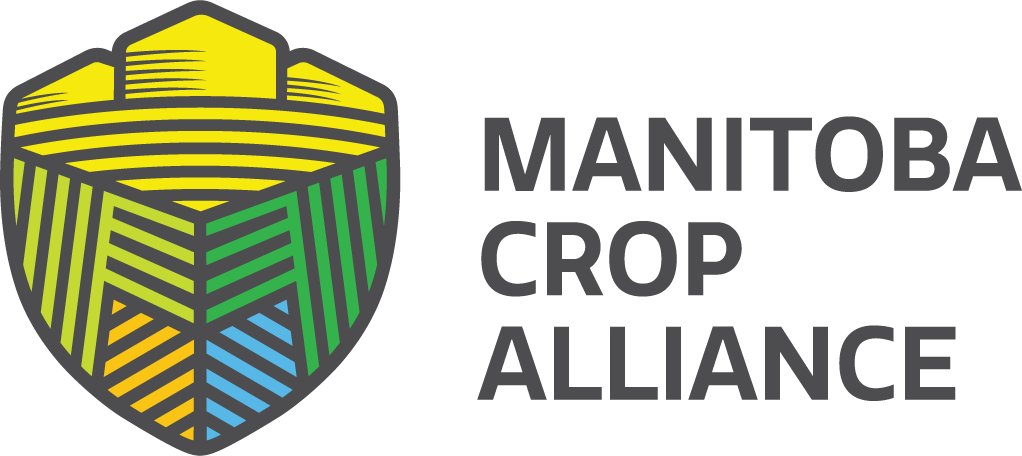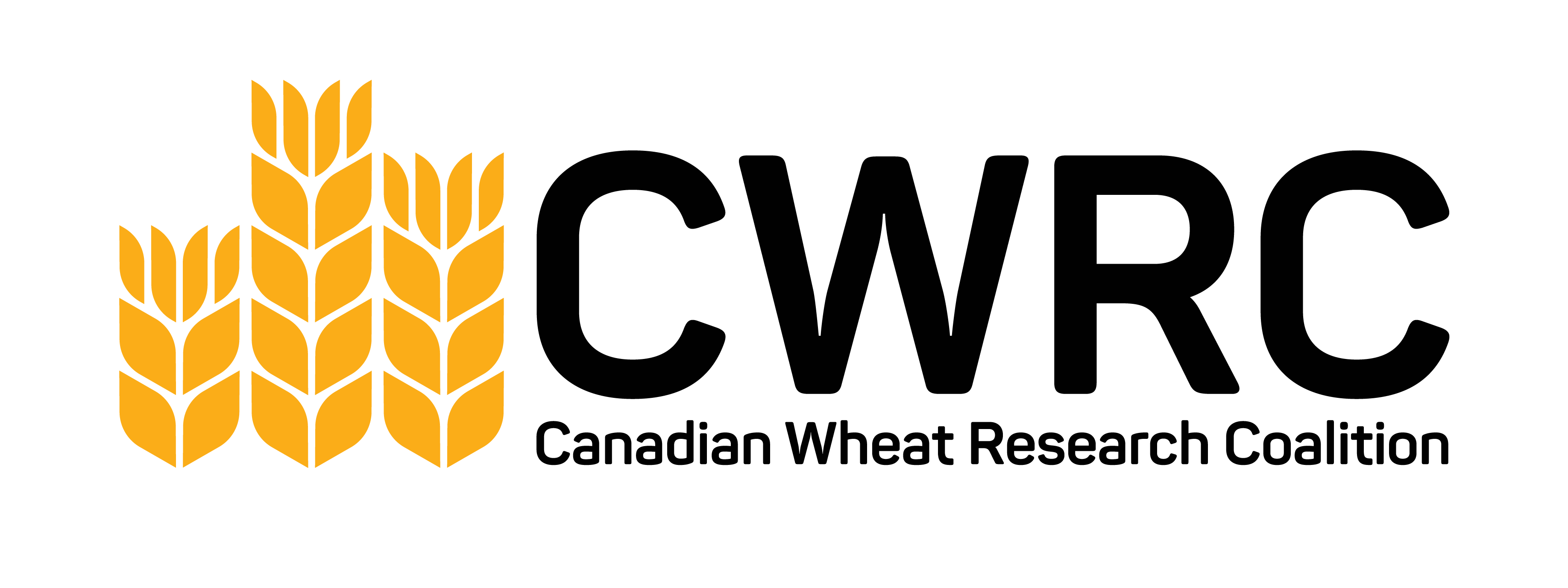Manitoba Crop Alliance opens nominations for delegate positions on crop committees

July 2, 2024 (Carman, MB) – Manitoba Crop Alliance (MCA) is now accepting nominations from farmer members to serve as delegates on its four crop committees.
“Our unique governance structure ensures a strong voice for each crop type we represent,” says MCA CEO Pam de Rocquigny. “It also provides plenty of opportunities for a whole-farm, cross-commodity approach to decision-making, which is important because the majority of our farmer members grow several different crops.”
MCA delegates work towards strengthening the mandate of research, agronomy, market development and access, and communication and advocacy initiatives within each of the four crop committees: corn, flax, sunflower, and wheat and barley. They also receive personal growth opportunities, such as the chance to network with fellow farmers, researchers and industry stakeholders, while gaining a deeper understanding of all the crop industries MCA represents.
This nomination period, there are four open positions on each of the corn, flax and sunflower committees, as well as five open positions on the wheat and barley committee.
“We take great pride in the collaborative, farmer-driven nature of our organization,” says de Rocquigny.
“By becoming a delegate, farmer members get to help determine how their check-off dollars are invested. I encourage farmer members who are interested in guiding the direction of our industry to get involved and add their unique knowledge and perspectives to our committees.”
The nomination period will close at 4:30 p.m. CDT on Oct. 1, 2024. For more information on the nomination or election process – including eligibility requirements, responsibilities of a delegate, time requirements and how to submit a nomination form – visit our website or contact us by email at hello@mbcropalliance.ca or phone at 204-745-6661.
-30-
For more information, please contact:
Pam de Rocquigny
Chief Executive Officer
204-745-6661
pam@mbcropalliance.ca
About Manitoba Crop Alliance:
Manitoba Crop Alliance is a non-profit organization established Aug. 1, 2020, representing more than 7,700 farmer members. Manitoba Crop Alliance puts their farmer members first and strives to continuously improve the competitiveness and profitability of all crops represented by the organization by focusing on four main areas: research, agronomy, market access and development, and communications. It is through investment in these key areas that Manitoba Crop Alliance can ensure wheat, barley, corn, sunflower and flax are sustainable production choices for Manitoba farmers. For more information, visit mbcropalliance.ca.

